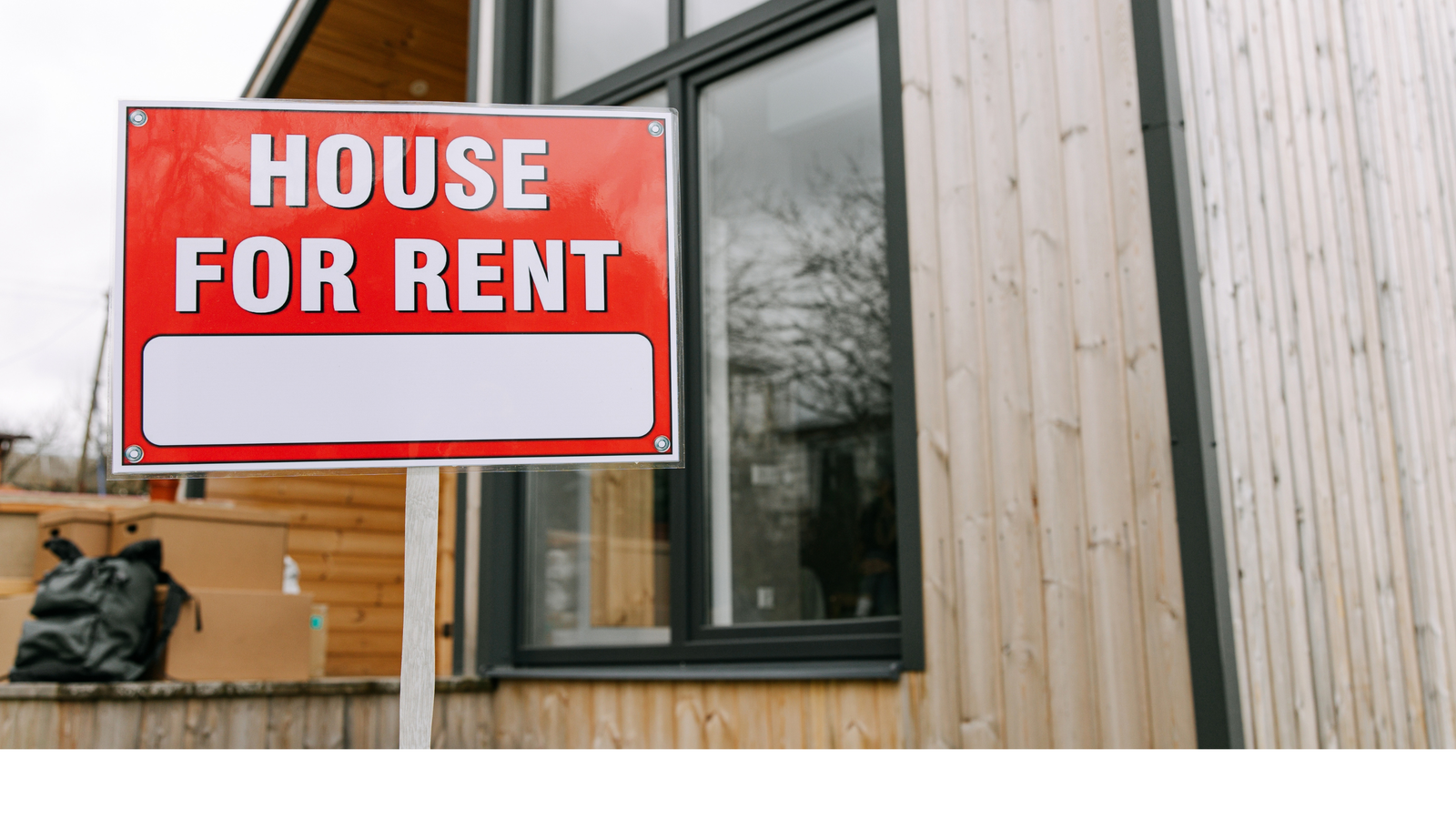
For years, the "Canadian dream" looked something like this: save up, buy your first home, settle in, and then maybe down the road — invest in real estate. But lately, more Canadians are flipping the script. With housing prices rising and ownership feeling out of reach in major cities, many are asking: “Should I buy an investment property before buying a home for myself?” The answer? It depends. It’s a strategy that can work — but it’s not without trade-offs. Let's break down the pros and cons so you can make the call that’s right for you.
✅ Why Buying an Investment Property First Can Be a Smart Move
1. You’re Building Equity While Renting:Even if you’re renting your own home, owning a rental property means your money is working for you. You're building equity and benefiting from appreciation — all while your tenants help pay down your mortgage.
2. You Get Into the Market Sooner
In markets like Toronto, Vancouver, or even Ottawa, home prices are rising faster than many can save. Buying a smaller or more affordable investment property outside your city can help you gain a foothold, so you’re not left behind as prices climb.
3. You Can Be Location-Smart, Not Emotionally Attached
You're not restricted to where you want to live — you can go where the numbers make sense. Maybe it’s a growing small town in Ontario, or a rental-friendly neighbourhood in Calgary. Either way, you get to think like an investor first.
4. It Could Help Fund Your Future Home
Some investors use the equity they build (or income they earn) from a rental property to eventually help with the down payment on their primary residence. It’s a long game — but it can pay off.
⚠️ Why You Might Not Want to Buy an Investment Property First
Now, here’s the flip side. This approach isn’t for everyone — and comes with its fair share of risk.1. Higher Upfront Costs
You’ll need at least 20% down for a non-owner-occupied property in Canada — and often more if the lender sees it as a higher-risk investment. Compare that to just 5%–10% for a first-time homebuyer living in the home.
2. Tighter Mortgage Rules
When you don’t plan to live in the property, lenders will scrutinize your application more closely. Your debt ratios, credit score, rental income projections, and reserve funds will all come into play — and if you're already carrying debt (like student loans or credit card balances), approval could be tricky.
3. You’re Still Paying Rent Yourself
While you're helping someone else pay down your investment property, you’re also paying someone else’s mortgage where you live. Emotionally, that can feel backwards — especially if rent keeps rising and you’re still far from owning your own home.
4. Managing a Property From a Distance
If you're not living near your investment property, you’ll either need to hire a property manager (which cuts into profits) or be prepared to deal with issues remotely — which can get stressful if tenants have problems or unexpected repairs come up.
5. Less Flexibility Down the Road
If your financial situation changes — job loss, starting a family, moving cities — owning an investment property may limit your ability to pivot quickly. Real estate isn’t liquid, and selling too soon could mean penalties, taxes, or even a loss.
6. Market Risks
Real estate isn’t guaranteed to go up — especially if you buy in a speculative or “up-and-coming” market without fully researching the fundamentals. If the market dips or rents stagnate, you could end up losing money or struggling to cover costs.
7. You're Not Building Your Home Base
There’s something to be said for putting down roots and building a space that’s yours. Buying an investment property first can delay that feeling of “home” and lead to lifestyle compromises. If owning your own space matters more than investing, this route might leave you feeling frustrated.
Need help weighing the pros and cons for your situation? Let’s talk. I help aspiring homeowners and investors across Canada map out the best strategy for their goals — whether that means jumping into the market as a landlord or finding the perfect place to live first.
So... Should You Do It?
It depends on your goals, your finances, and your risk tolerance.If you’re comfortable with numbers, see real estate as a business opportunity, and aren’t in a rush to own your own home — this can be a very smart wealth-building move. But if your lifestyle, job, or financial situation is less stable (or you just want a place to call your own), there’s absolutely nothing wrong with going the traditional route. At the end of the day, there’s no one-size-fits-all path to real estate success. Whether you buy to invest first or buy to live, the important thing is to understand what you’re signing up for — and make sure it aligns with where you are now, and where you want to go.Need help weighing the pros and cons for your situation? Let’s talk. I help aspiring homeowners and investors across Canada map out the best strategy for their goals — whether that means jumping into the market as a landlord or finding the perfect place to live first.
Tazmeen Woodall
604 760 7005
604 760 7005